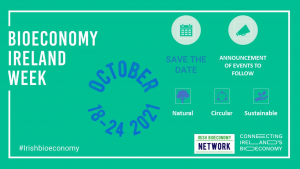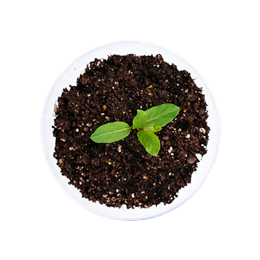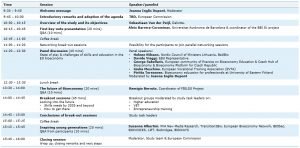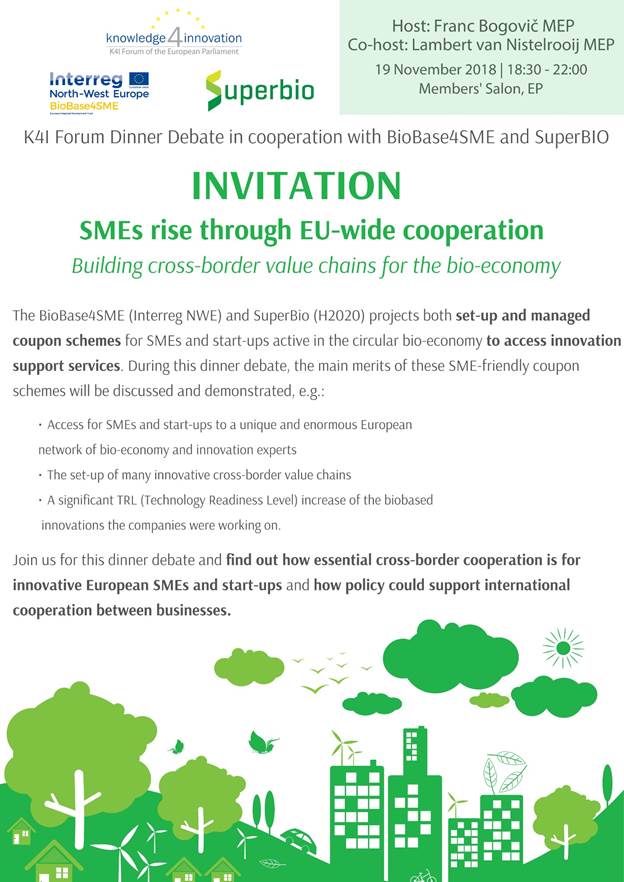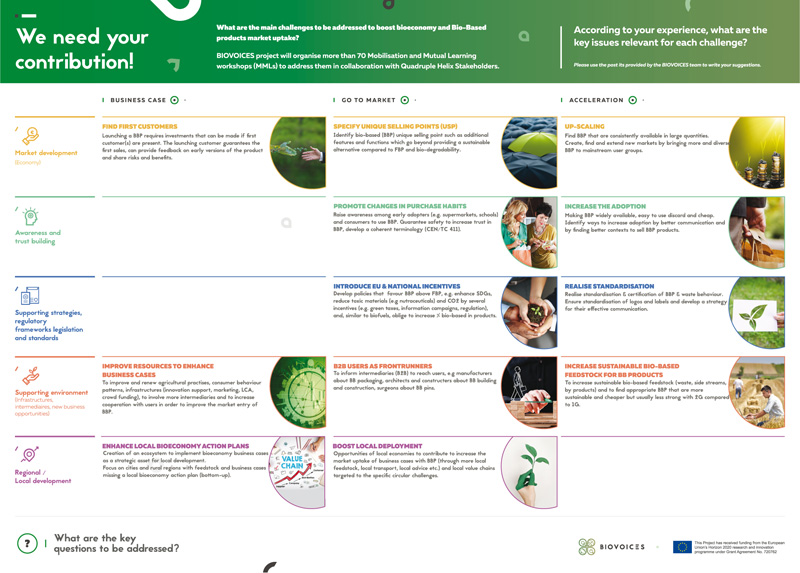Bioeconomy strategy development in EU regions – JRC KCB just released a study
This study aimed to map and analyse the deployment of bioeconomy strategies at regional level in the EU-27. It was conducted from July 2021 to March 2022 and covered regulatory frameworks in place or under development as of November 2021 by the JRC Knowledge Centre for Bioeconomy.
The findings show that 194 regions in the EU-27 have, or are working towards, a strategic framework related to the bioeconomy. Of these, 28 regions have fully dedicated bioeconomy strategies, while one region is elaborating such a strategy. 62 regions have strategic frameworks with strong bioeconomy focus, with other 7 regions elaborating such a strategy. Lastly, 94 regions have strategies with minimum bioeconomy content, while another 2 regions are developing such a strategy.
The report includes a methodological note, data and visualisations from the mapping, an analysis of commonalities and divergences between regional strategies across the EU based on their general characteristics and a focused summary for each Member State. It is complemented by the underpinning dataset, published separately.
Interested to know a few highlights from the study?:
In the EU-27, there are:
– 28 regions with fully dedicated bioeconomy strategies
– 62 with strategies with a strong bioeconomy focus
– 94 with strategies with minimum bioeconomy content
– 10 with strategies under development
Overall, 194 regions have a bioeconomy-related strategy
In total, there are 324 regional strategies related to the bioeconomy:
– 32 fully dedicated to the bioeconomy
– 209 where bioeconomy is embedded within a wider strategic framework
– 83 cover bioeconomy within a sectoral strategy
The regional strategies are well aligned with the EU bioeconomy strategy: most of them aim to tackle its objectives, especially to manage the natural resources sustainably, reduce dependence on non-renewable resources & create jobs.
The regional strategies show a wide & comprehensive portfolio of policy measures to enable the bioeconomy in the EU regions, like funding of R&I, to ensure policy coherence by improving governance, foster collaboration, promote & raise awareness, etc.
Different types of biomass resources are addressed by the regional strategies, especially those from agriculture, forests and wastes.
These and many more insights available in the report (https://lnkd.in/dQQWzygK). The underlying data is also available for further analysis (https://lnkd.in/dYRZa877)



